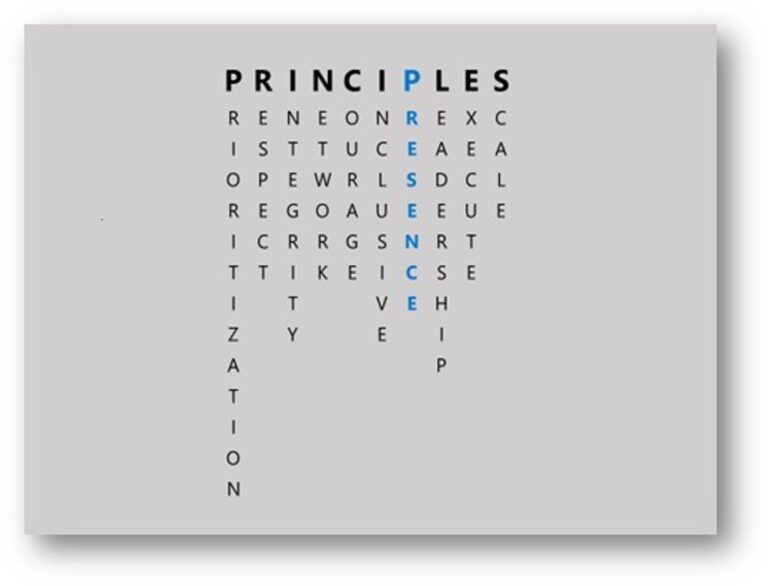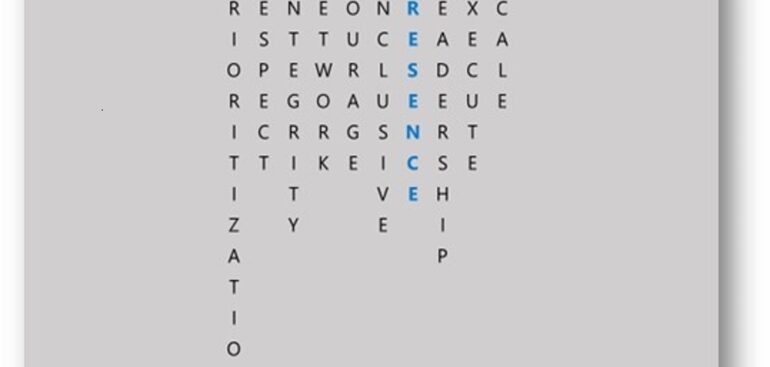Alright, so I have a bit of an embarrassing story for you all, to start the week…
Recently, I was on my way into work and stopped to get a coffee. It’s my morning routine, so I was on autopilot—deep in thought about my daily meetings and a big keynote presentation I had coming up. I ordered my coffee at the drive thru, pulled up to the window, paid for my drink, then continued my commute to work. It wasn’t until about ten minutes later I noticed something was wrong. I didn’t have my coffee! I had driven off without it. How embarrassing. All I could do was shrug it off and laugh. I was definitely not “present” that morning.

The greatest present is presence
Being present every moment of our daily lives is difficult. And even though I’m obviously not a pro at it, it’s a principle I try to live by because I’ve seen it have a huge impact on my conversations and relationships.
Presence is about living in the moment, listening intently, and not letting your brain slip back into all the things we have going on in the background. It’s not always easy, but one mindful approach we can take is to actually listen to every word when someone is talking to you—hearing what they’re saying, instead of thinking about what we’re going to say back.
I think about it like this—someone is taking time out of their day to share something with me. I need to honor that moment by being present.
I don’t know if this happens to you, but my kids can tell immediately when I’ve slipped out of presence, and they have no problem calling-me on it. ”Mom, PAY ATTENTION!” Oftentimes, we don’t even realize when we drift out of a conversation, which is why it takes practice to have presence.

Ditch the urge to multi-task
Here’s the thing—and some of you may disagree with me on this—there’s no such thing as being a “great multi-tasker.” Research shows our brains can only concentrate fully on one thing at a time. If you’re working on emails in a meeting (which we’ve ALL done), you aren’t paying attention to what’s going on in the room. You think you are, but you aren’t.
You may hear a few key points, but you’re not fully listening or absorbing the information being shared. In fact, one of my favorite studies about this showed that having our cell phones on the table, even with notifications turned off, is a distraction that limits our concentration. That’s why my leadership team at Microsoft has adopted a “Laptop Down/Stay Engaged” policy for meetings. It makes a real difference. We accomplish much more when everyone is ready to focus on objectives.
The practice of presence
Make no mistake, being “present” all day takes a lot of energy, and I know many of you have a lot on your plates (who doesn’t?). So, we have to be intentional about making space for ourselves/ I try to build solitary work time into my daily schedule every day. It’s a chance for me to take a mental break and focus on what I need to get done. Even though I’m still working, it’s a different kind of energy that allows me to rest my mind so that I’m ready to be present for my next conversation or meeting.
We all have a tremendous amount of things going on in our brains. When things get busy, being present can slip down the list of priorities. But I encourage you to try your best to always focus on what’s happening in the moment. I guarantee it will boost your productivity, improve your meetings, and strengthen your relationships. Plus, when you’re present and engaged, you won’t forget your coffee!










